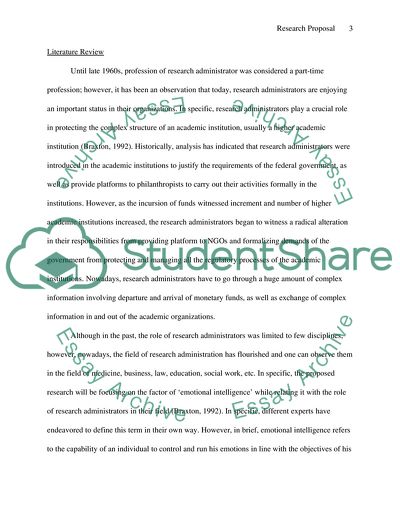Cite this document
(Emotional Intelligence, Training, and Leadership Behavior of Research Proposal, n.d.)
Emotional Intelligence, Training, and Leadership Behavior of Research Proposal. https://studentshare.org/human-resources/1742447-emotional-intelligence-training-and-leadship-behavior-of-research-administrators
Emotional Intelligence, Training, and Leadership Behavior of Research Proposal. https://studentshare.org/human-resources/1742447-emotional-intelligence-training-and-leadship-behavior-of-research-administrators
(Emotional Intelligence, Training, and Leadership Behavior of Research Proposal)
Emotional Intelligence, Training, and Leadership Behavior of Research Proposal. https://studentshare.org/human-resources/1742447-emotional-intelligence-training-and-leadship-behavior-of-research-administrators.
Emotional Intelligence, Training, and Leadership Behavior of Research Proposal. https://studentshare.org/human-resources/1742447-emotional-intelligence-training-and-leadship-behavior-of-research-administrators.
“Emotional Intelligence, Training, and Leadership Behavior of Research Proposal”. https://studentshare.org/human-resources/1742447-emotional-intelligence-training-and-leadship-behavior-of-research-administrators.


